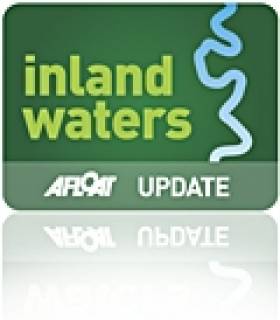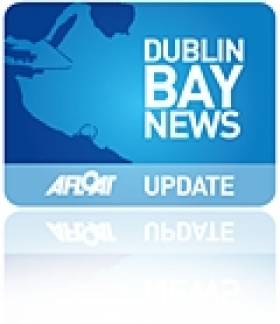Displaying items by tag: Funds
Ulster Canal Project 'Progressing' Despite U-Turn on Govt Funds
#INLAND WATERWAYS - The Ulster Canal restoration project will be funded by Waterways Ireland alone, at least for the time being, according to the Minister for Arts, Heritage and the Gaeltacht.
Responding in the Dáil to a written question from Cork East Sinn Féin deputy Sandra McLennan, Minister Jimmy Deenihan said that while the previous Government had committed in 2007 to covering the full capital costs of the project, estimated at €35 million, such was no longer viable in the current climate.
"Government accounting procedures do not provide, in that sense, for the ’ring-fencing’ of funds for projects of this nature," said the minister, who added that he was "advised that it was always the intention that the Ulster Canal project would be funded from the Waterways Ireland annual allocations" as well as "projected income from the commercialisation of certain Waterways Ireland assets", though he admitted this had been affected negatively by the economic downturn.
However, Minister Deenihan noted that the project - involving restoration of the canal between Clones in Co Monaghan and Upper Lough Erne - is "progressing incrementally" and that a planning application submitted in October was a "significant milestone".
He also confirmed that he intends "to continue to explore all possible options that may assist in the advancement of this project", which may involve an inter-agency group between the relevant county councils and interested bodies to examine ways of advancing the scheme.
Aware's Harbour 2 Harbour Walk Around Dublin Bay
Alternatively walkers are welcomed to take the walk in the reverse direction starting at Howth and terminating at Dun Laoghaire. The walk takes approximately 4-hours to complete. The 16.4 mile route that skirts the shores of Dublin Bay will offer great views!
The walk last year was taken by families, friends and individuals and provided participants with a great sense of achievement!
For this year's event, walkers are invited to take part by booking places in advance online. Entries (€10 per person) close at midnight on Sunday 13 March, click HERE. Late registration will also be available on the morning of the walk (€15 per person) or email [email protected]
To read more about Aware click http://www.aware.ie (noting the locall Aware Helpline Tel: 1890 303 302 / calling from overseas +353 1 6766 166) and further information about the Helpline click HERE






























































